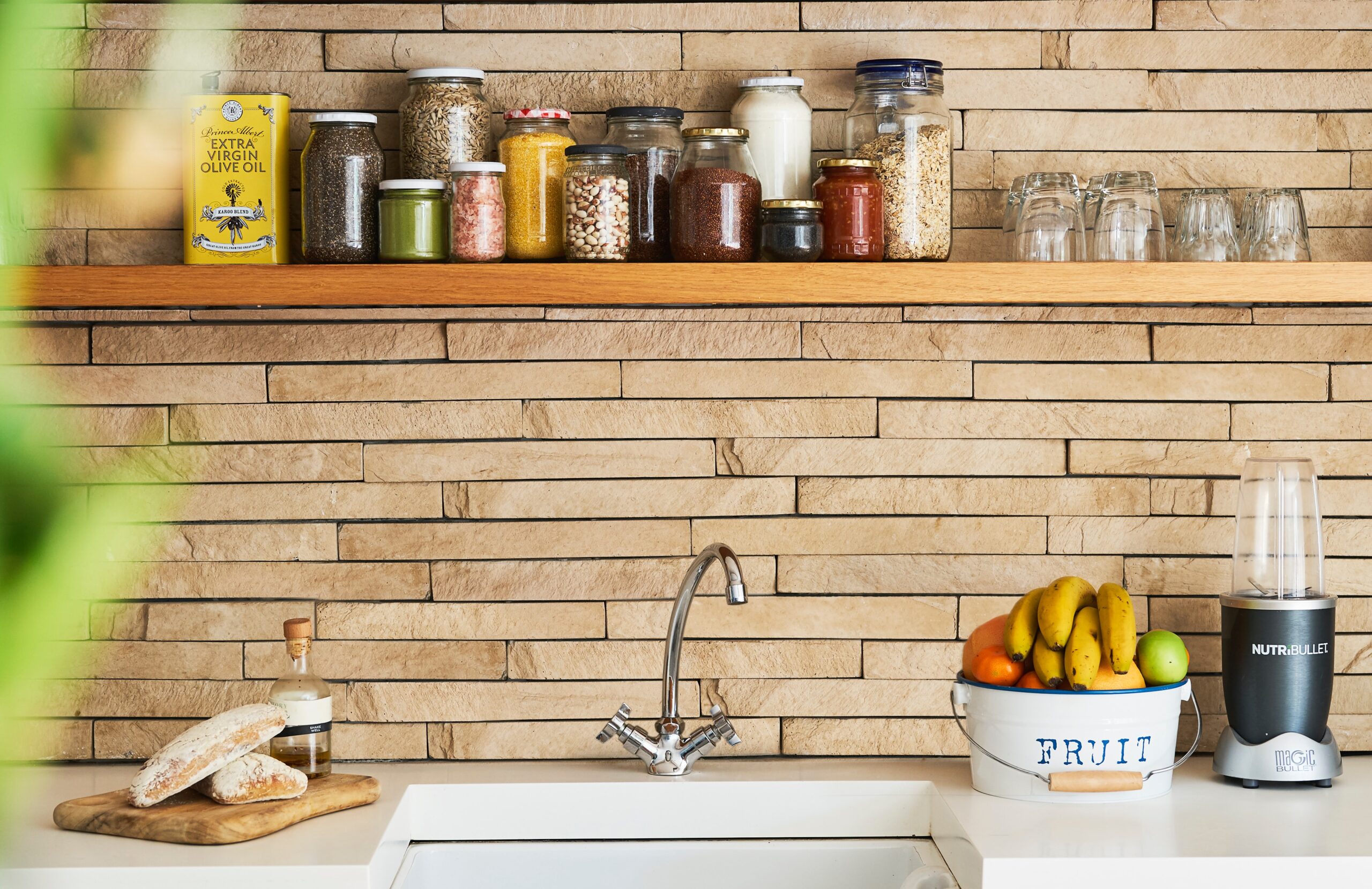Am I a Biased Dietitian?
Am I a Biased Dietitian?
Recognizing & Minimizing Bias in Professional Dietetic Practice
Let’s cut right to the chase— yes, we are all biased. As humans, we all see the world through our own biased lens, which has uniquely developed throughout our young life and evolved through professional experience. While it may seem impossible to be neutral in practice, there are ways to minimize the influence bias has on professional practice, leading to more curious and empowering relationships with clients.
Where do biases come from? As humans, we each have our own unique combination of biases that have been formed by the way we were raised, the culture we grew up in, our family history, and the life experiences we’ve had. As we become adults, we add biases through our personal beliefs, values, prejudices, and learned stereotypes. As a whole, our unique combination of biases make up the lens through which we view the world. No one is immune to being biased, it’s just part of being human. However, we’ve been taught by society that being biased is wrong, which can lead to denial or suppression of our personal biases instead of recognizing our bias and consciously working to lessen its effect on our thoughts and actions. Let’s look at some not-so-far-fetched examples of how personal bias can effect client relationships, often even before the counseling session has begun.
Example 1: The Keto Client
A client comes to you and is interested in losing weight. They’ve read several articles online and have seen many seemingly miraculous ketogenic diet success stories. The client has decided they would like to try the ketogenic diet and would like your professional guidance as they work toward their goal weight.
What you might be thinking: *Cue inner eye roll.* This diet isn’t sustainable. They might lose weight initially, but it’s all going to come back. Do they even understand what “ketosis” is? Identify the bias: In this situation, the bias likely stems from experience working with other clients. You’ve seen clients try the ketogenic diet and fail to stick to it. You also may be experiencing a conflict of personal beliefs; this diet may be difficult for the client to sustain long term, so you don’t believe the ketogenic diet is the best option for this specific client. Minimize the bias: This client has come to seek your professional guidance during their weight loss journey. Our objective as nutrition professionals is to empower the user to choose the path that best supports their goals. By giving in to our bias, we minimize the capacity to support the client and jeopardize the relationship with the client through personal judgement. To minimize the bias, ask yourself: “What past situations are triggering me to distrust this client’s decision? How can I best support this client’s curiosity and decisions moving forward?”
Example 2: The Hospitalized Patient with Type II Diabetes
As a clinical dietitian, you’re working through your list of clients today, and you see a request for diet education for a patient that has been diagnosed with Type II diabetes in the last year. As you read through his chart, you noticed that he has been hospitalized for an alcoholic episode that rendered him unconscious. What you might be thinking: If he can’t manage to keep his drinking under control, how is he ever going to learn to carb count and manage his diabetes? This diet consult the doctor recommended is a waste of time. Identify the bias: In this situation, you’re making assumptions that the client isn’t motivated to change based on their history of alcohol abuse, before you’ve even met with the client. This bias may stem from a learned alcoholic stereotype, or from your professional experience that patients with Type II diabetes aren’t highly motivated to change. Minimize the bias: The adage “Don’t judge a book by its cover.” is applicable in this situation. Making assumptions about a client based on their chart does a disservice to the client-professional relationship you are working to build. It will be more difficult to enter into the first interaction with the client if you enter the relationship with the assumption that the client is not motivated to change. To minimize your personal bias, ask yourself: “What stage of change is this client currently in? How can I adapt this diet consult information to best suit the client’s current stage of change?” How can I work to reduce my bias?
As nutrition professionals, clients often come to us with a problem that they are trying to fix. Over time, it can be easy to fall into a “fixing” mindset. Ultimately, our role is to help guide the clients’ curiosity and empower them to select a lifestyle that best supports their personal health goals. To put the client first and minimize the effect personal bias has in a counseling setting, it is essential to consistently and consciously ask yourself: “What bias am I experiencing right now? How have I come to develop this bias?” As you begin to identify your personal biases, use these questions to dig deeper into how your bias may affect your counseling style and client relationships:
• Are my personal thoughts and opinions standing in the way of collaborating openly with the client?
• Am I being fully accepting of this client and the clients’ situation and beliefs?
• Do I feel like I need to fix this client’s problem?
• What thoughts or situations “trigger” me to think judgmentally?
• Am I limiting the client’s curiosity and willingness to grow and explore?
Ultimately, it’s impossible to live a bias-free life as a human, but that doesn’t mean we lose the ability to remain aware, manage, and control how bias affects our professional practice and working relationships. With conscious self-awareness, we can work to minimize the effect these unavoidable biases have on our nutrition practice. Recognizing
personal bias is a difficult way of thinking to develop, but putting in the effort will lead to more curious, productive and trusting relationships with clients in the long run.
Written By: Olivia Birlson, MBA, RD
References
Cherry K. How cognitive biases influence how you think and act. May 2019. https:// www.verywellmind.com/what-is-a-cognitive-bias-2794963
Kanter JW, Rosen DC. Exploring Our Own Stereotypes and Biases. Psychology Today. Aug 2016. https://www.psychologytoday.com/us/blog/culturally-speaking/201608/ exploring-our-own-stereotypes-and-biases
CAND Instagram
Recent Posts
Meet the Author
Bringing you the best nutrition information...
Our Academy Bloggers
CAND has several professional and student bloggers. They write about a range of topics for the public.





